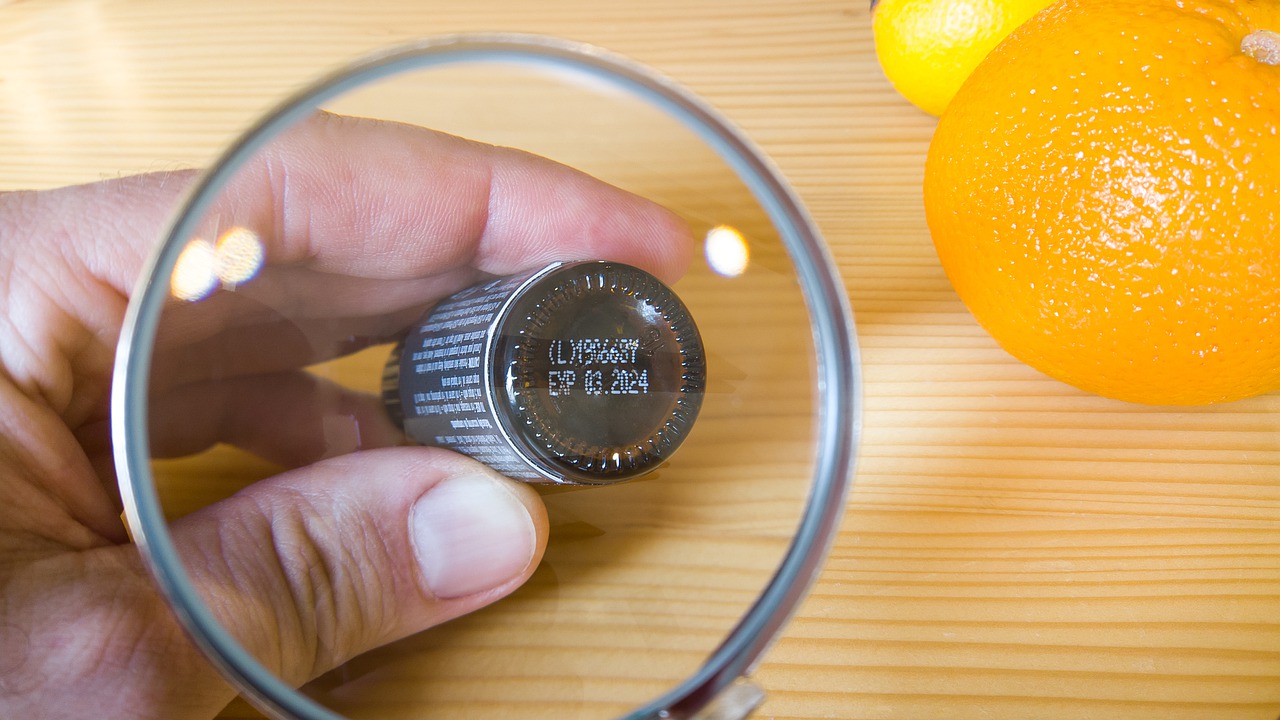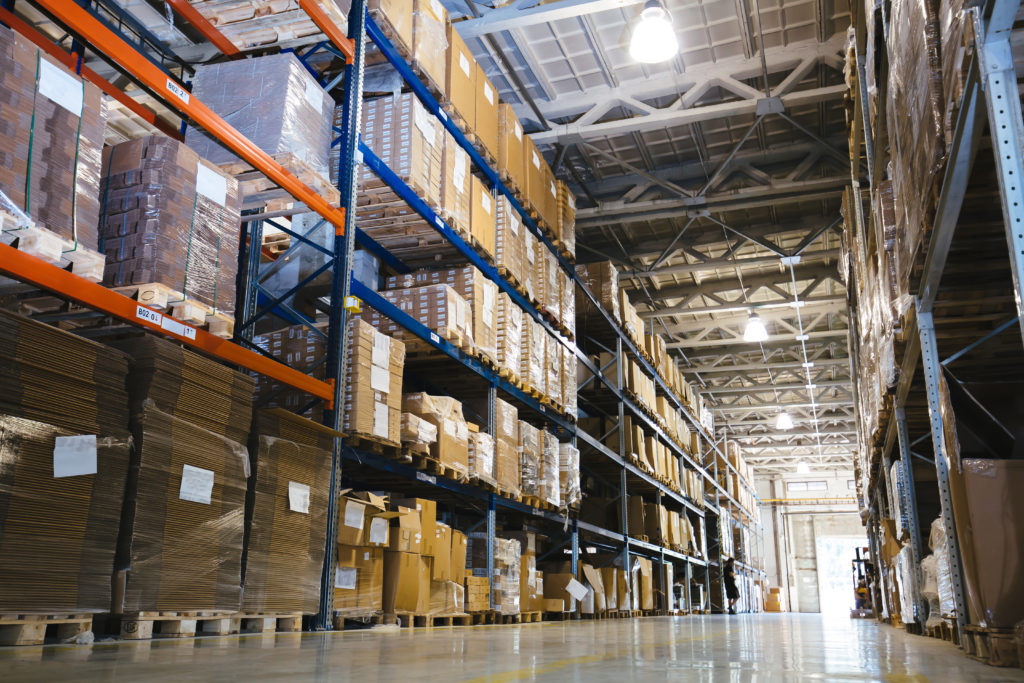Prior to 22 August 2020, consumer protection authorities could only carry out inspections and related procedural actions in traditional and online shops if consumers directly purchased goods there. In a move that some might view as a bit drastic, a new provision was added to the Consumer Protection Act (CPA). It granted consumer protection authorities the power to inspect business entities specified in Section 7(1)6 of the Act on Civil Procedures (with the exception of those supervised by the National Bank of Hungary). As a result, not only retailers that have direct contact with consumers but every participant in the supply chain can be subjected to an inspection. Therefore, consumer protection authorities (namely the consumer protection department of the county and Budapest government offices) can now inspect wholesalers, warehouses, logistics companies and manufacturers, enter their premises and take samples from them free of charge if they qualify as members of a supply chain within the meaning of the CPA. A company is considered to qualify as such if it has a direct or indirect impact on how a consumer product is manufactured, stored, sold or used. It is an all-encompassing and somewhat confusing legal definition, but unfortunately every company that is a member of supply chain must get used to the thought that it can receive a consumer protection inspection.
Let’s have a closer look at what the policymakers’ objective was and how the authorities’ new power can impact the everyday business operation of companies. The new power was granted to consumer protection authorities in response to various problems, such as cases where retailers urged their customers to buy their products with messages stating that that supplies were running low, such as “Hurry, there’s only three left!”, when in reality there were many products in stock, but only way for the authorities to get confirmation about this was by requesting a declaration from the retailer. Under the CPA, a company’s statement of false information on its website about the availability of its products can be treated as an aggressive and unlawful commercial practice. On the basis of the new powers and a company’s statement, the authorities’ inspectors can now even enter the company’s warehouse to check stocks, which can certainly help the authorities in determining whether an infringement of the CPA has taken place. There were also cases back in 2018 where foreign-based companies advertised wonder products with same-day delivery, but the inspectors could not enter warehouses to conduct test purchases, and therefore the unfair commercial practices committed with regard to these products could not be efficiently investigated. Before the new rule took effect, consumer protection inspectors could not enter a wholesaler’s warehouse even if they had reports that “Hungarian product” stickers were being placed on imported products to increase their appeal to Hungarian consumers.
As these examples show, there were good reasons for extending the powers of consumer protection authorities so that they can carry out inspections with regard not only to legal relationships between consumers and companies that sell products and services directly, but also to businesses that come under the definition of business entity pursuant to the Act on Civil Procedures. However, consumer protection authorities will continue to proceed in B2C relationships and their jurisdiction does not extend to B2B transactions. The new rule is therefore a relevant one and extends the power of the authorities to inspect whether members of a supply chain comply with Sections 45/A(1) through (3) of the CPA and to take action if they find an infringement.
It should be noted with regard to inspections and other actions by consumer protection authorities that in order to avoid parallel legislation, the CPA obviously only includes provisions that Act CL of 2016 on the General Rules of Public Administration Procedures (PPA) does not. In this respect, the reference to free-of-charge sample-taking in the CPA is important, because Section 69(2)d) only refers to samples but is silent on the related costs. The inspection of documents, assets or work processes and the making of video or sound recordings are also regulated in the PPA, and therefore the relevant provisions are not repeated in the CPA. However, consumer protection authorities can obviously make use of these tools, and so companies must be aware that they might have to contend with them.
Finally, we would note that based on strong public interest, consumer protection authorities may even carry out inspections in closed-off areas(such as properties, shops, production facilities etc. that are locked) with a prosecutor’s advance permission. However, such inspections must be carried out in the presence of an official witness and must take place between 8 am and 6 pm. These modifications are included in Act LXVII of 2020 on the Modification of Act CLV of 1997 on Consumer Protection, which was published in issue No. 150 of Magyar Közlöny, the official government gazette, on 23 June 2020.
Author: Andrea Magdolna Nagy

Where to Expect Consumer Protection Inspections in 2022 – The Official List is Now Public
Reading time: 3 minutes he Ministry for Innovation and Technology has published its program of consumer protection inspections and audits, known as the “uniform inspection program” or “UIP“, for 2022.










